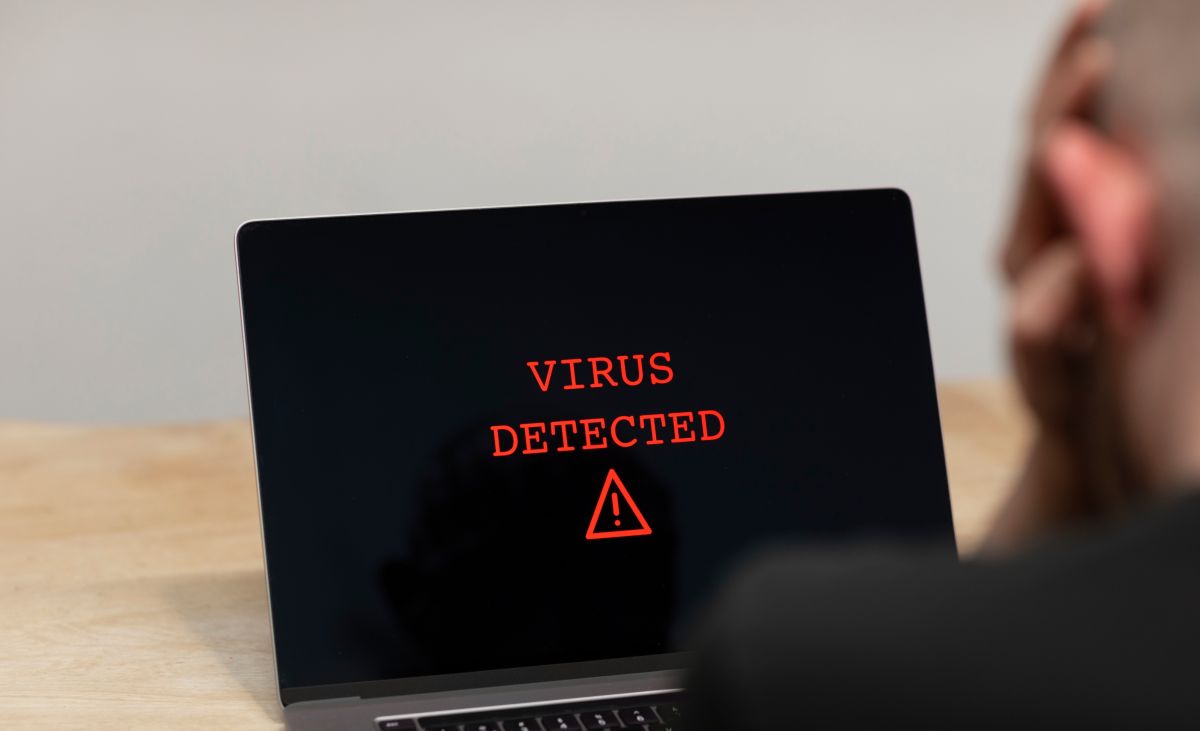Vinny Troia – An Expert in Cybersecurity and Ethical Hacking
Cybersecurity is a broad term that encompasses a variety of computer security mechanisms, including ethical hacking. Since around 1200 B.C., the term “hacking” has been used to describe “cutting someone’s privacy roughly and violently,” and it had no association with technology until the mid-twentieth century.
The term “hacking” was first used in reference to the use of technological know-how in 1955 ina meeting of the Technical Model Railroad Club. It was used in the meeting minutes to describe how members have modified the functions of their high-tech systems. Throughout the 1960s, the term expanded to include the growing legions of computer enthusiasts. The Jargon File defined a hacker as “a malicious meddler who tries to discover sensitive information by poking around” in 1975. As a result, the term was associated with cybercrime for the first time.
With time and the evolution of technology, the meaning of the term has diversified a lot. Nowadays, the term “hacker” can refer to any skilled computer programmer, though it is most commonly associated with a “security hacker.” A security hacker uses technical knowledge of bugs or vulnerabilities to exploit weaknesses in computer systems in order to access data that they would not otherwise have access to. Security hacking is typically illegal and can result in large fines or even sentences to prison.
On the contrary, ethical hacking is a type of cyber security that is defined as the process of testing the system against all possible security breaches and repairing any vulnerabilities before a malicious attack occurs. Hacking is illegal, but ethical hacking is the legal practice of circumventing system security in order to identify any potential data threat. Ethical hackers attempt to examine systems to identify weak points that malicious hackers can exploit. These types of hackers are also known as white-hat hackers because their work is similar to that of black-hat…


